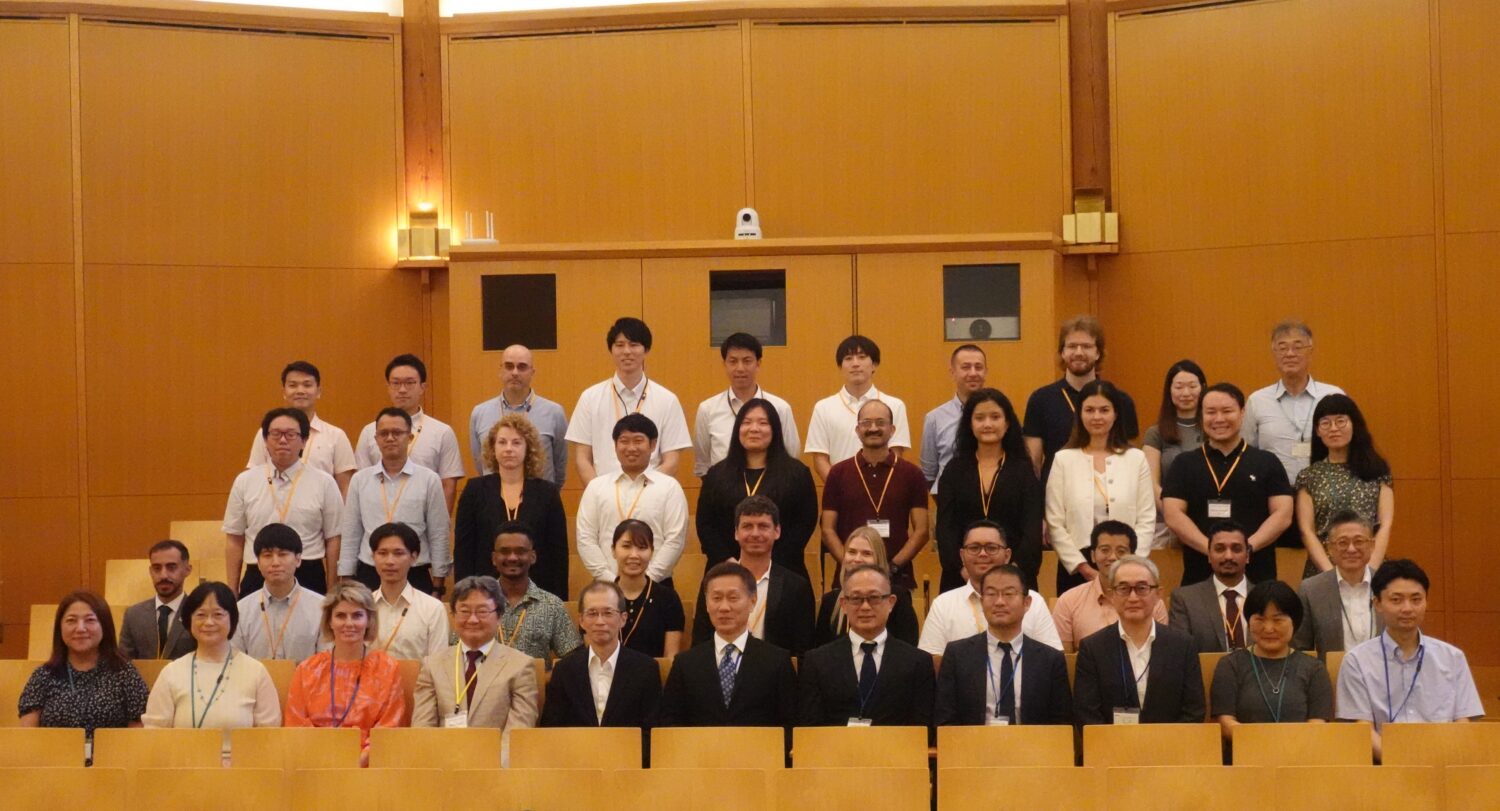Targeted areas include economic revitalization, restoration from disaster, social security reforms, the rebuilding of education, revitalization of local economies, women’s empowerment, and diplomacy and security.
Concerning the reform of the electric power system reform — a matter that has been highlighted by AIJ — the prime minister said that he would work to “create a competitive and dynamic energy market” toward the final stage of that reform by separating distribution and transmission networks from power generation and power retailing, as well as fully deregulating the retail gas market.
Recognizing that “an inexpensive and stable power supply is the lifeline of the Japanese economy,” Abe said that he would promote a responsible energy policy. Regarding nuclear energy, he said that the operation of nuclear power plants would be restarted once approved by the Nuclear Regulation Authority (NRA) as conforming to the new regulatory standards. At the same time, he noted that there would be “no change to the government’s long-term policy of reducing the degree of dependence on nuclear power.”
He then said that the best energy mix would be created through introducing renewable energies to the greatest possible extent, with every effort made to promote thorough energy conservation.
To counter global warming, the prime minister said that the government, looking toward COP21 at the end of the year, would formulate new reduction targets and a specific action plan for greenhouse gas emissions as quickly as possible.
Meanwhile, on February 16, at a plenary session of the House of Representatives, Prime Minister Abe answered questions from representatives of the various political parties.
In response to a security-related question from Katsuya Okada, leader of the Democratic Party of Japan (DPJ), the prime minister acknowledged that the Strait of Hormuz was a very important transport route, in that 80% of Japan’s imported crude oil and 20% of its natural gas pass through it. Blockage of such a route could have effects far greater than those of past oil crises, he said, posing a great risk to the stability of energy supply and demand.










